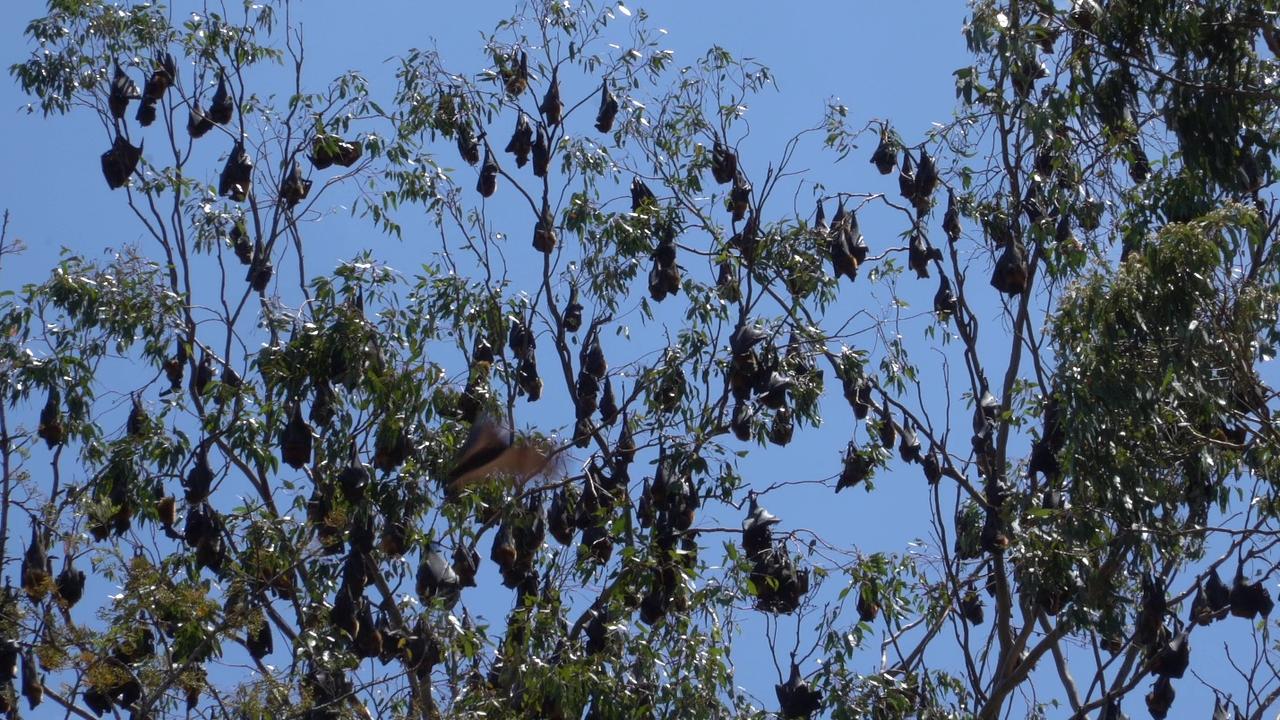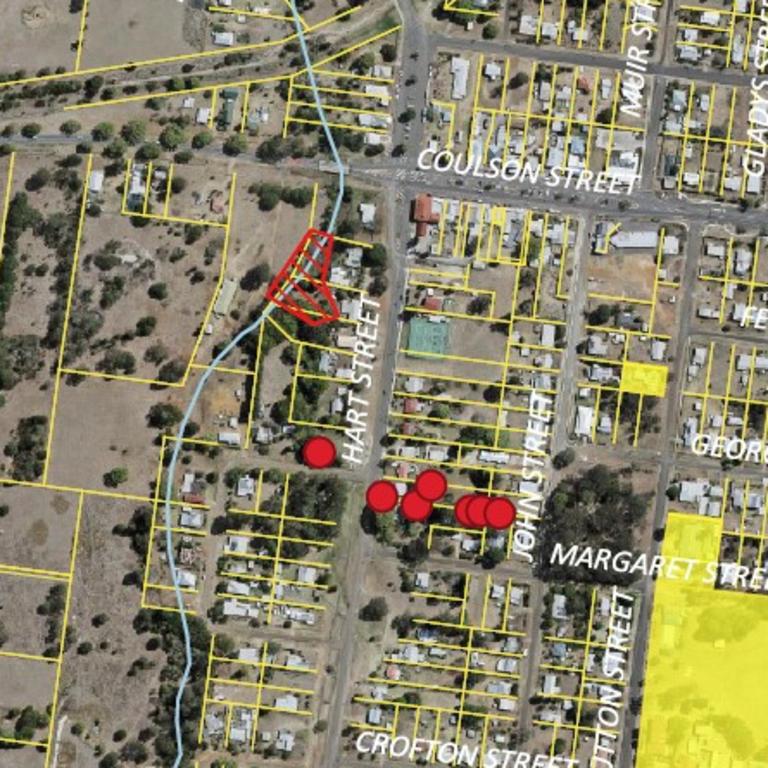Blackbutt’s flying fox roost sparks council plea for state minister involvement
The South Burnett Regional Council has adopted a new plan for managing the Blackbutt flying fox roost, with local councillors calling for state ministers to step in and help resolve the issue.

South Burnett
Don't miss out on the headlines from South Burnett. Followed categories will be added to My News.
South Burnett councillors are calling on state MPs to step in and witness the first-hand impact of flying foxes on the local community.
After several years of seeking community feedback, doing roost management surveys and consulting with relevant experts, last week the South Burnett Regional Council voted to adopt the Flying Fox Roost Management Plan for Blackbutt.
The plan aimed to give the council the tools and knowledge to be able to effectively manage the flying fox roost issue and determine how to “reduce human-wildlife conflict”.
During the discussion of the motion, Councillor Heath Sander said he believed the relevant minister needed to visit the area and see for themselves what impact the bats have on the community.

“They can’t drink their rainwater, they can’t park their cars there,” Cr Sander said.
“There are people on sleeping tablets because they can’t sleep because of it.
“I wouldn’t like living there myself and the people who make the rules need to see what’s actually going on on the ground and they might adjust their rules a little bit.”
A survey of a Blackbutt residents found that environmental nuisance and sleep deprivation were the most significant impacts people experienced, with increased levels of anxiety followed close behind.
More than 90 per cent of survey respondents said the method they would most like to see council adopt was relocation of flying fox colonies.
Flying foxes are native animals and are protected under the Nature Conservation Act 1992 and Environment Protection and Biodiversity Conservation Act 1999, which means it is illegal to disturb or destroy a roost without an approved permit.

Three species of flying fox have been recorded in the area.
This included little red flying fox, black flying fox and grey-headed flying fox, which is listed as vulnerable.
Suggested roost management actions include providing subsidiaries, rebates or discounts for directly affected residences, roost modification and housing buffers, roost dispersal and developing alternative roost sites.
The report said community education was a great low-cost option that allowed people to feel like their voices were being heard and to combat misconceptions about bats but must be used in combination with other actions.
“For this roost, community education alone may not be ideal as residents have illegally cleared roost vegetation or tried to disperse the roost in the past (2021),” the report read.
“If the council decides not to to anything else, it is likely more illegal actions to disperse the roost would occur.”
More Coverage
Originally published as Blackbutt’s flying fox roost sparks council plea for state minister involvement









